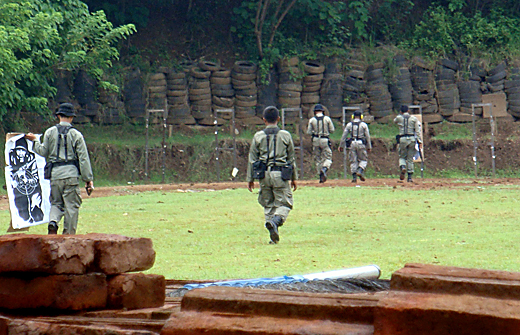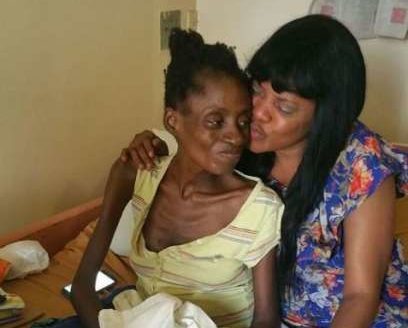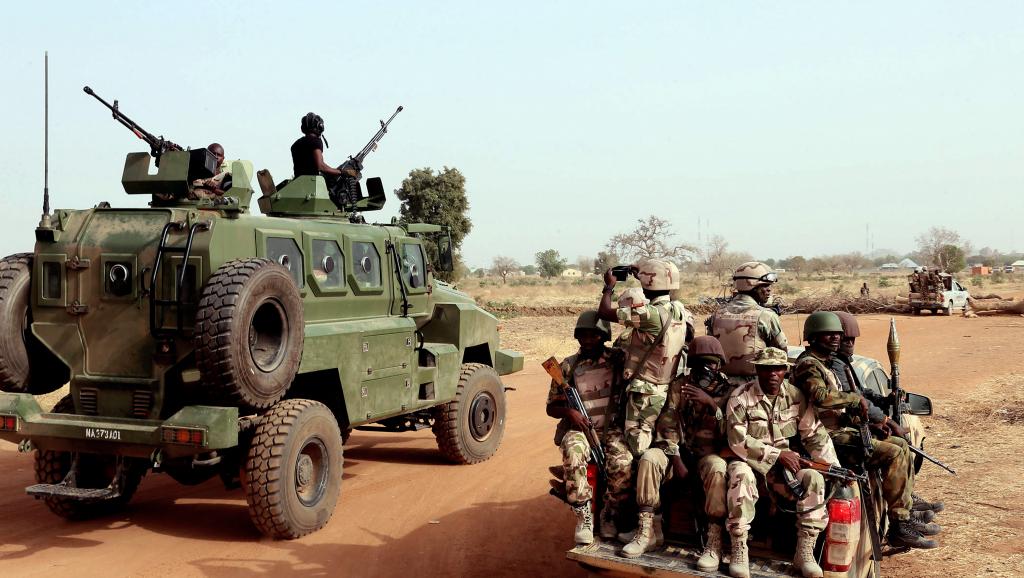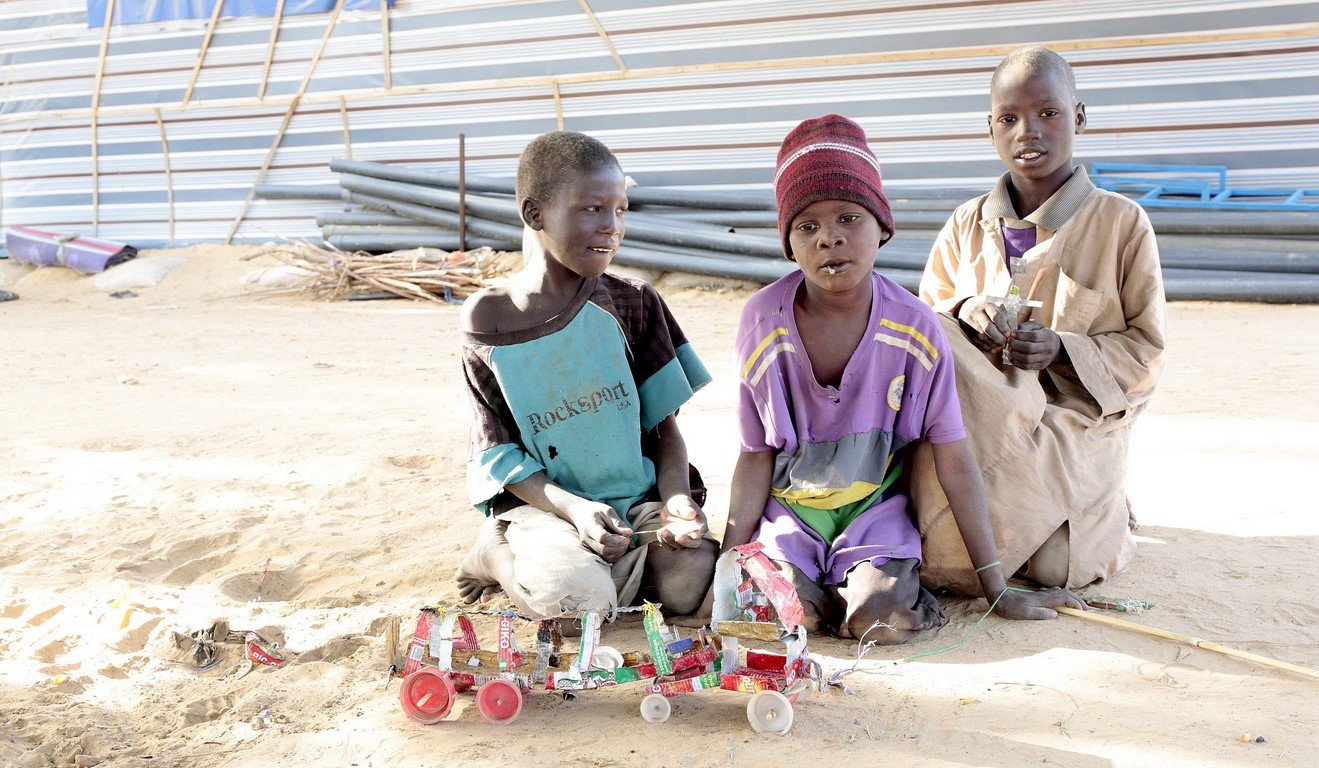Ngozi Okonjo-Iweala, former finance minister and coordinating minister of the economy, did more than manage the purse of Africa’s largest economy; she fixed a plan for gender budgeting in Nigeria and perhaps the rest of the world.
The International Monetary Fund (IMF) working paper on budget financing in sub-Saharan Africa, released on Thursday, acknowledges Okonjo-Iweala’s efforts for gender equality and financing across the world.
The IMF says in clear terms that the “idea of creating a Gender Equality Community of Practice (COP)” was pitched by the former minister “during the World Bank/IMF Annual Meetings in the fall of 2013”.
Okonjo-Iweala’s pitch was well-received by the World Bank Group, which set up the COP and had its first meeting on gender financing by April 13, 2014.
Advertisement
“The global initiative was first proposed by Nigerian Finance Minister Ngozi Okonjo-Iweala, during the October 2013 World Bank Group/International Monetary Fund Annual Meetings,” the World Bank said.
“President Jim Yong Kim agreed to host the group’s inaugural meeting, which was organised around the theme ‘Financing for Gender Results.’”
The COP, which now has 16 countries on its board, have been making a case gender financing across the world, with viable results highlighted by the IMF on Thursday.
Advertisement
Okonjo-Iweala said at the COP inaugural meeting that the idea was “born out of frustration” at the lack of knowledge-sharing and scaling-up of innovative initiatives through the budget.
IMF LISTS GENDER FINANCING RESULTS IN NIGERIA
According to the IMF working paper, the Nigerian federal government, in partnership with the United Kingdom’s Department for International Development, introduced a gender budgeting initiative called “Growing Girls and Women in Nigeria” (G-WIN) in 2012.
The country was said to have reported early successes, especially in “treating women with fistulas, a debilitating post-birth condition that can lead to shame, divorce, and family rejection”.
Advertisement
“According to the United States Agency for International Development, Nigeria has the highest number of women who suffer from fistulas, with about half of all cases world-wide, and anywhere from 50,000-100,000 new cases each year.
“Under the G-WIN project, the Ministry of Health allocated resources to recruit and/or train additional doctors to perform the surgery necessary for correcting fistulas.
“It is estimated that more than 3,000 women were treated, but an extensive backlog of cases remains.”
70 PERCENT OF NIGERIAN FARMING WORKFORCE ARE FEMALE
Advertisement
“Nigerian female farmers account for 70 percent of all agricultural work, but have less access to agricultural inputs, contributing to female agriculture output being 40 percent lower than their male counterparts’ output.
“The Ministry of Agriculture is trying to train more than 30,000 women on different or better farming methods. One crucial roadblock for female farmers has been access to finance because this hampered women’s ability to procure seeds and fertilizers.
Advertisement
“Under the G-WIN initiative, two million female farmers received cell phones to improve access to and the exchange of information. The cell phones enabled women to use an e-wallet system to facilitate mobile money purchases of agricultural inputs.
“The Ministry of Public Works trained 1,500 women in road maintenance, which was previously viewed as a male-only occupation.
Advertisement
“The Ministry of Water constructed 120 water kiosks that were to be managed by women.”
NIGERIA’S REALITY AND THE WAY FORWARD
Advertisement
The IMF says Uganda and Rwanda are leading the pack in Africa, as regards gender budgeting, urging that other countries, including Nigeria, can do better than what currently obtains.
With about 50 percent of fistula recorded in Nigeria, and enormous gender inequality, the country is expected to do more to achieve equity and equality.
Add a comment







